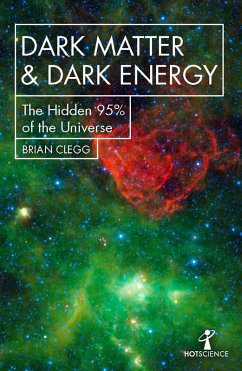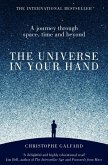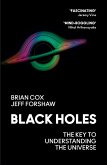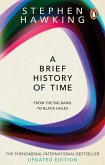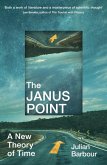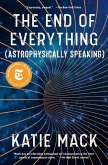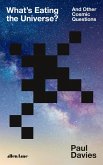All the matter and light we can see in the universe makes up a trivial 5 per cent of everything. The rest is hidden. This could be the biggest puzzle that science has ever faced.
Since the 1970s, astronomers have been aware that galaxies have far too little matter in them to account for the way they spin around: they should fly apart, but something concealed holds them together. That 'something' is dark matter - invisible material in five times the quantity of the familiar stuff of stars and planets.
By the 1990s we also knew that the expansion of the universe was accelerating. Something, named dark energy, is pushing it to expand faster and faster. Across the universe, this requires enough energy that the equivalent mass would be nearly fourteen times greater than all the visible material in existence.
Brian Clegg explains this major conundrum in modern science and looks at how scientists are beginning to find solutions to it.
Dieser Download kann aus rechtlichen Gründen nur mit Rechnungsadresse in A, B, BG, CY, CZ, D, DK, EW, E, FIN, F, GR, H, IRL, I, LT, L, LR, M, NL, PL, P, R, S, SLO, SK ausgeliefert werden.
Es gelten unsere Allgemeinen Geschäftsbedingungen: www.buecher.de/agb
Impressum
www.buecher.de ist ein Internetauftritt der buecher.de internetstores GmbH
Geschäftsführung: Monica Sawhney | Roland Kölbl | Günter Hilger
Sitz der Gesellschaft: Batheyer Straße 115 - 117, 58099 Hagen
Postanschrift: Bürgermeister-Wegele-Str. 12, 86167 Augsburg
Amtsgericht Hagen HRB 13257
Steuernummer: 321/5800/1497
USt-IdNr: DE450055826
Bitte wählen Sie Ihr Anliegen aus.
Rechnungen
Retourenschein anfordern
Bestellstatus
Storno

